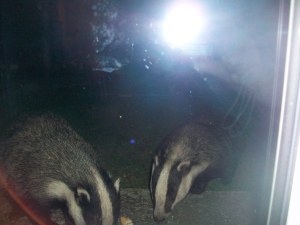Written in response to the forthcoming badger cull in the UK (20th April 2013)
On September 12th 1803 the British settled in Tasmania. Over the following decades as more and more settlers arrived, fears of the strange beasts that inhabited their exotic new home quickly spread.
Tall tales, hysteria and superstition saw the thylacine – or Tasmanian tiger – the island’s largest predator, branded as something to be exterminated.
By 1820, Hobart was the second largest town in Australia and shifted its industry away from whaling towards farming.
As the new farmers rapidly cleared and altered the natural environment they viewed the indigenous creatures (and people) merely as an inconvenience to be swept away.
Continue reading →

